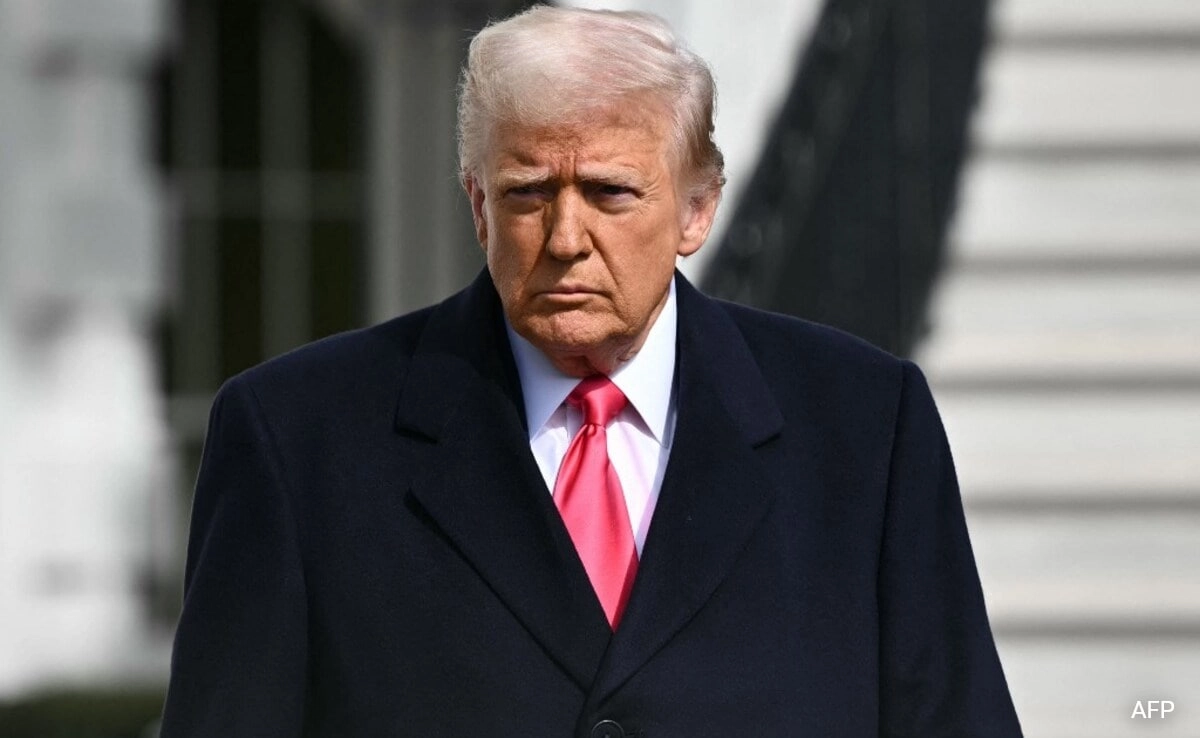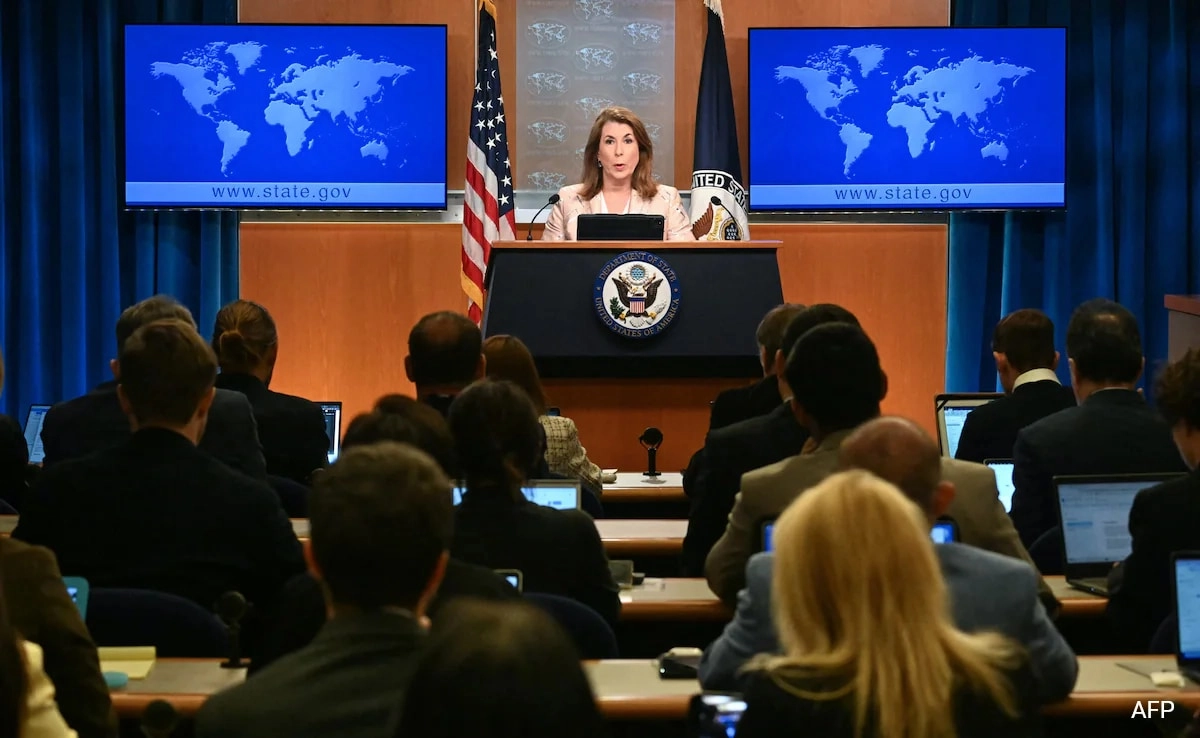A U.S. judge has issued a partial block on a recent executive order from former President Donald Trump aimed at reforming the electoral process. This order, which sought to implement significant changes in the way elections are conducted, has been met with considerable legal scrutiny and opposition. The judge’s ruling highlights concerns regarding the constitutionality and potential implications of the proposed reforms. By partially blocking the order, the court has signaled that certain aspects may overstep legal boundaries or infringe upon established electoral protocols.
The executive order was part of Trump’s broader agenda to address what he claimed were widespread issues within the electoral system, particularly in the wake of the contentious 2020 presidential election. However, critics argued that the reforms proposed could undermine the integrity of the electoral process rather than enhance it. The judge’s decision reflects a careful evaluation of these concerns, suggesting that while some elements of the order may be permissible, others warrant a more thorough examination to ensure they align with constitutional principles and existing election laws.
This ruling is significant as it underscores the ongoing legal battles surrounding election reforms in the United States. As various states and political entities grapple with the balance between ensuring fair elections and addressing alleged irregularities, the judiciary’s role becomes increasingly pivotal. The partial block serves as a reminder of the checks and balances inherent in the American political system, where executive actions are subject to judicial review. Moving forward, the implications of this ruling could shape not only the trajectory of Trump’s election reform initiatives but also the broader national discourse on electoral integrity and reform.




